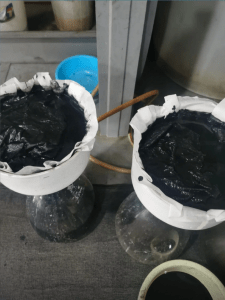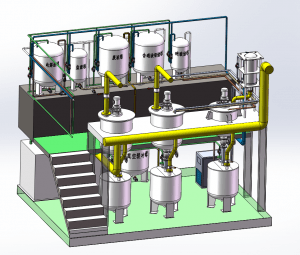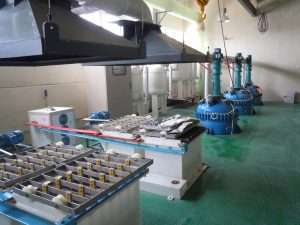Call us now:
A catalytic converter is a key component of a vehicle's exhaust gas treatment system, used to reduce harmful emissions. Catalytic converters typically contain three precious metal catalysts, rhodium (Rh), palladium (Pd) and platinum (Pt). Their content in catalytic converters depends on the specific design and manufacturing standards.
In general, the content of rhodium, palladium and platinum will vary somewhat in catalytic converters, as different catalyst ratios are used for different types of catalytic converters. In addition, catalytic converters may also contain other auxiliary materials and ceramic substrates. The following are some typical ranges of rhodium, palladium and platinum content in catalytic converters:
Rhodium (Rh): Typically, the rhodium content is between about 0.05% and 0.2% in a catalytic converter.
Palladium (Pd): The content of palladium is typically around 0.1% to 0.5% in catalytic converters.
Platinum (Pt): The platinum content is typically between 0.2% and 1% in catalytic converters.
It is important to note that these values are general ranges and may vary from manufacturer to manufacturer, from vehicle to vehicle and from emission standard to emission standard. Therefore, the actual rhodium, palladium and platinum content in catalytic converters may vary.


